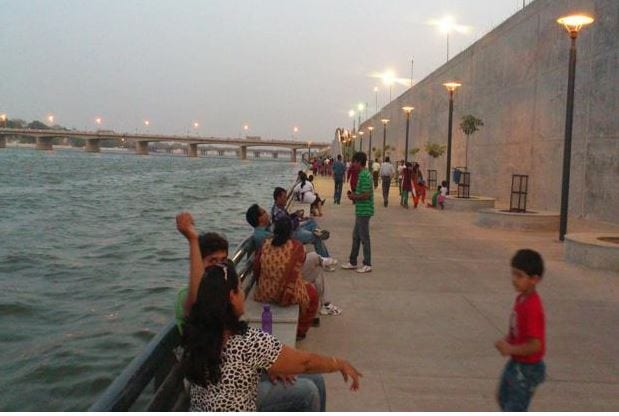Travel in India
Ahmedabad declared as India’s first ‘World Heritage City’ by UNESCO

On July 8, 2017, the World Heritage Committee (WHC) of UNESCO declared the walled city of Ahmedabad as the India’s first World Heritage City.
The selection of Ahmedabad was supported by nearly 20 nations, including Lebanon, Turkey, Tunisia, Kazakhistan , Peru, Portugal, Finland, Vietnam , Azerbaijan, Jmaica, South Korea,Zimbabwe, Tanzania, Croatia, Angolam, Cuba, and the host nation of the UNESCO session, Poland. The nations collectively upheld Ahmedabad referring to a mainstream co-existence of Hindu, Islamic and Jain communities alongside marvellous architecture of intricately cut wooden havelis going back scores of years. The nations likewise perceived that the city was a support for India’s peaceful, non-violent freedom struggle, driven by Mahatma Gandhi.
The walled city of Ahmedabad is supposed to be established by Ahmed Shah more than of 600 years ago. It contains 26 ASI-protected structures, several “pols” that attract the members of community and various historical sites related with Mahatma Gandhi. Mahatma Gandhi lived in Ahmedabad from 1915 to 1930.

Ahmedabad’s trip towards becoming a world heritage city started in 1984 when the principal study about the conservation of heritage structures was established by Ford Foundation. The second breakthrough was the heritage walk dispatched from Kalupur Swaminarayan Temple. The third important step was Ahmedabad’s entrance into UNESCO’s speculative rundown of world heritage cities and the manufacture of the Ahmedabad dossier by Rabindra Vasavada. The Ahmedabad Municipal Corporation (AMC) played a crucial role by setting up a heritage cell.
This 600-year-old walled city was favoured over Delhi and Mumbai, which had campaigned hard for the tag. Ahmedabad was unmistakably better positioned to get the acknowledgment, having spearheaded the preservation of its “living heritage” for more than 20 years. It will now join Cairo, Paris and Edinburgh in the category of world heritage sites. The UNESCO declaration will enhance the city economy by increasing tourism.





























